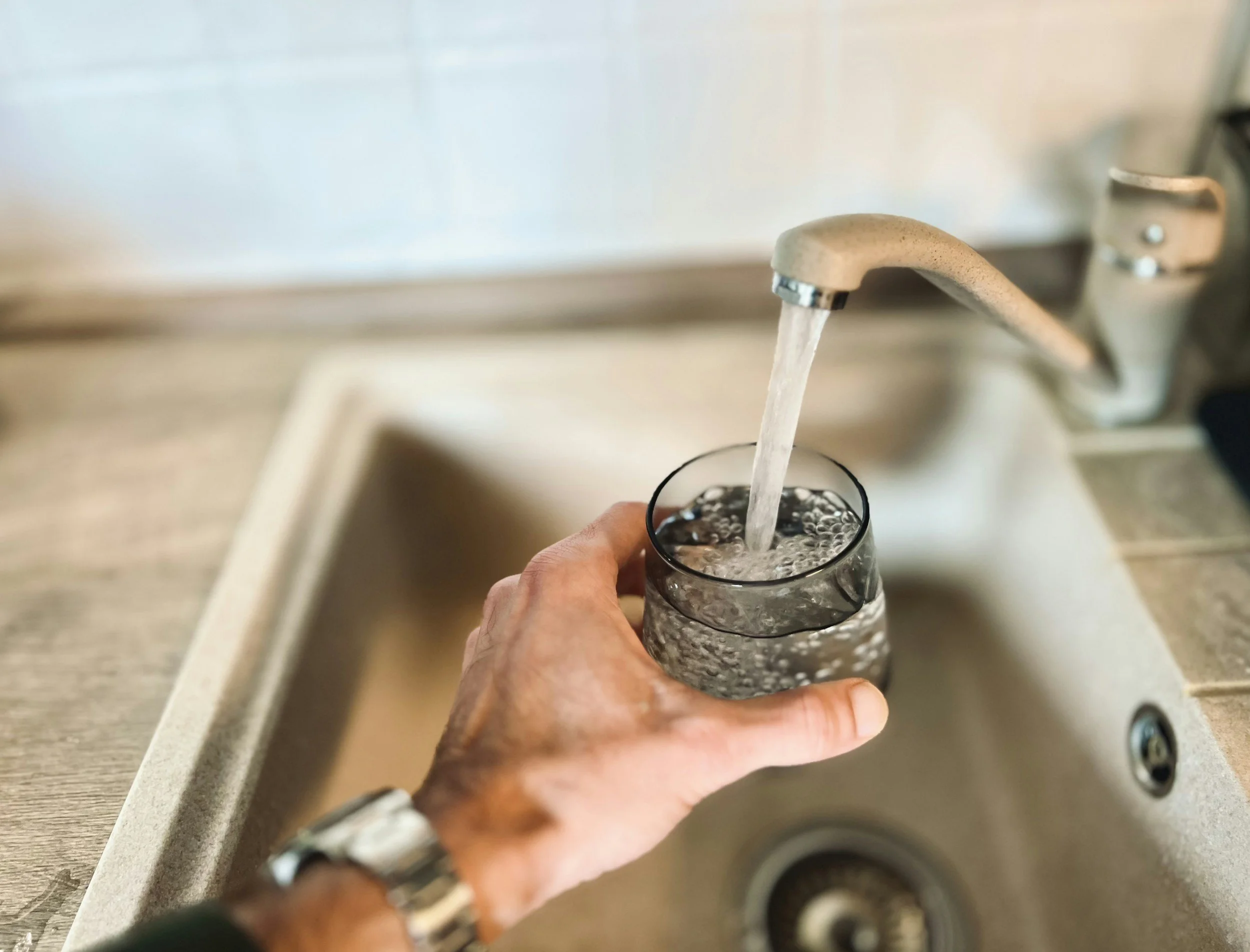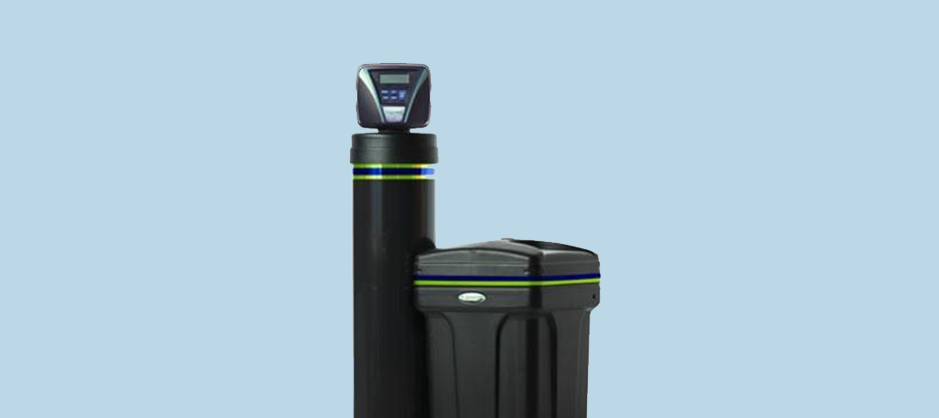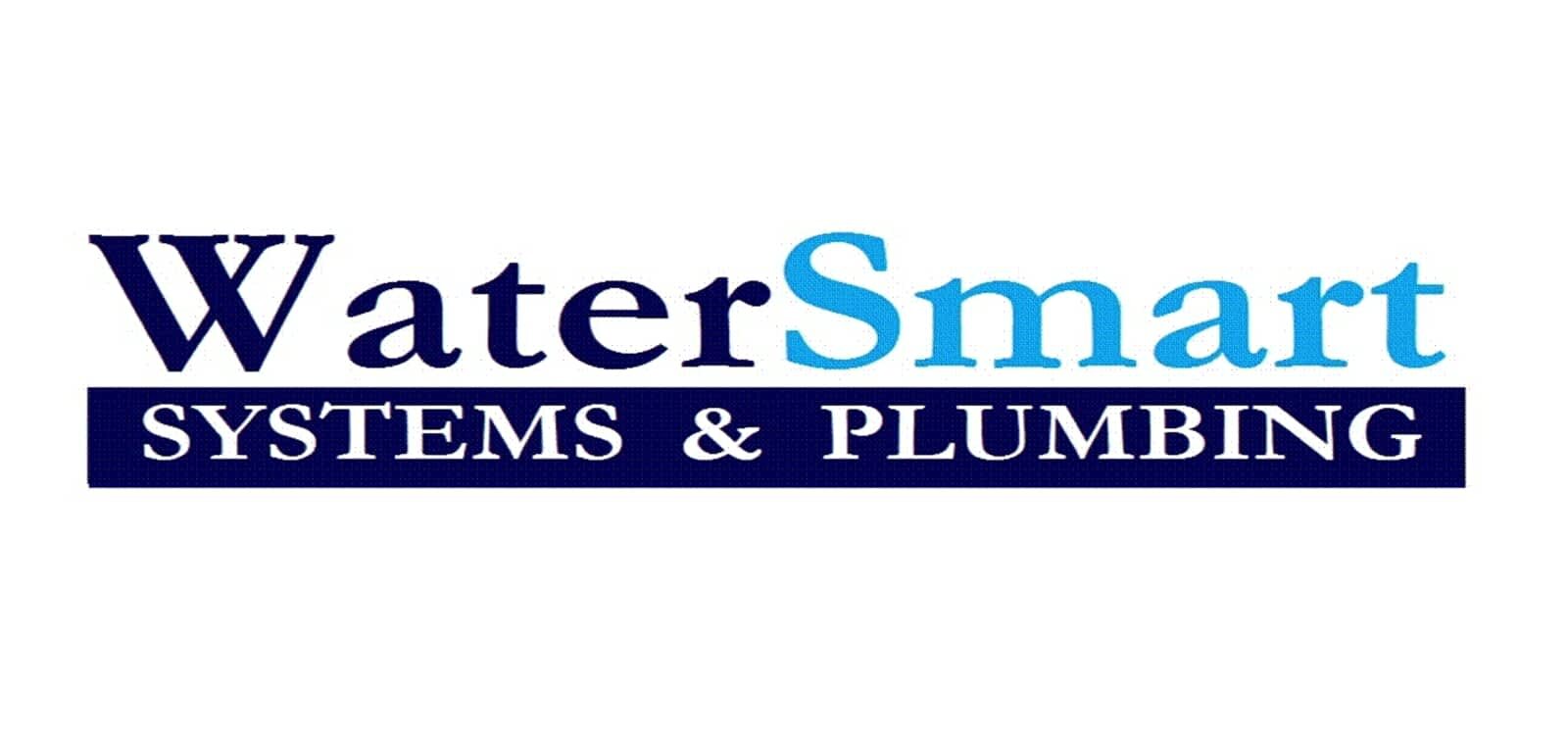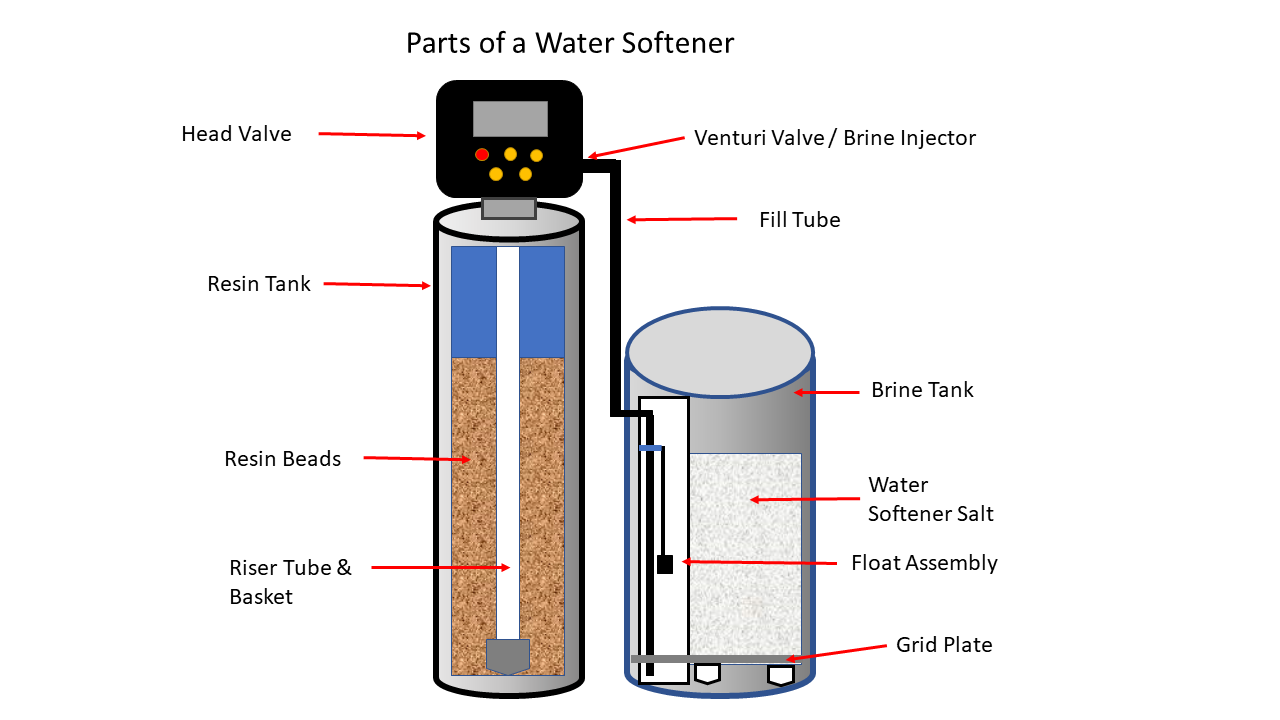You pour a glass of crystal-clear water from your tap. It tastes fine. It looks clean. But what if that clear water is hiding invisible threats that could be impacting your health and your home?
The truth is, even in areas with rigorously tested municipal water, contaminants can sneak in. We’re talking about more than just the occasional boil advisory—we’re talking about persistent, unseen particles and chemicals like microplastics, heavy metals, and bacteria that evade the eye and linger in your home's system.
WaterSmart Systems has been serving the Waterloo Region for over 30 years, and the focus is always on clean, safe, great-tasting water backed by exceptional service.
Contact us today for all your home water solutions.
Key Takeaways
Invisible Threats Exist: Even clear, municipal water may contain contaminants like Microplastics, Lead, Arsenic, and Disinfection Byproducts (THMs) that pose long-term health risks.
The Major Ontario Risk: Lead leaching from old plumbing is a primary concern for homeowners in older communities across the province. Private wells are completely unregulated and must be tested by the owner.
Testing is Essential: You cannot detect these contaminants by sight or smell; professional water testing is the only way to confirm what is in your home's water.
RO is Gold Standard: Reverse Osmosis (RO) systems are the most effective solution for removing the widest range of invisible contaminants, including heavy metals and microplastics, from your drinking water.
Protect Your Whole Home: A Whole Home Carbon Filter is recommended to reduce exposure to chlorine and chemical contaminants during bathing and showering.
1. The Invisible Threats Lurking in Your Water
Microscopic invaders into your home’s water system come from a mix of sources, including aging infrastructure, industrial runoff, and even the simple act of flushing drugs down the drain. Their health impacts are often chronic, building up over the years.
1. Microplastics: Tiny Pollutants, Big Problem
These are fragments of plastic less than 5mm in length, and they are everywhere - including your drinking water.
The Source: Plastic debris breaks down in the environment, and particles can enter water sources from wastewater treatment systems. Some studies have found microplastics in drinking water, though concentrations vary widely (WHO, 2019).
The Health Impact: While the World Health Organization currently considers the risk from ingested microplastics to be low based on available data, the long-term effects of ingesting the smallest particles (nanoplastics) and the chemicals they carry are still being studied. Experts note potential concerns like oxidative stress, endocrine disruption, and inflammation from the additives and other pollutants that adhere to the plastic surface (NIH/PMC, 2022).
2. Heavy Metals: The Silent System Destroyers
Heavy metals like Lead and Arsenic are among the most dangerous chronic contaminants.
The Source: Lead most often leaches into water from corroding lead service lines and old household plumbing, which is a major concern in older Canadian cities. Arsenic can be naturally occurring in groundwater or a result of industrial waste.
The Health Impact (Citing CDC/Health Canada):
Lead: Even low levels can cause neurological damage, developmental delays, and reduced IQ in children. In adults, it's linked to cardiovascular and kidney issues.
Arsenic: A known human carcinogen associated with increased risk of skin, lung, and bladder cancer.
3. Bacteria and Disinfection Byproducts
While water is treated to kill microbes, the process itself can sometimes create new issues, and distribution systems can introduce new bacteria.
The Source: Total Coliform and E. coli can indicate a breach in the water treatment or distribution system, often from runoff or a well being affected by human/animal waste. Municipal water is disinfected (usually with chlorine), but this forms Disinfection Byproducts (DBPs), such as Trihalomethanes (THMs).
The Health Impact:
Bacteria (e.g., E. coli): Immediate acute effects like severe gastrointestinal illness.
DBPs (THMs): Long-term exposure is linked to a possible increased risk of liver damage and cancer (Ontario Drinking Water Quality Standards).
2. Water Quality Concerns: The Ontario Connection
For homeowners in Ontario, understanding local risks is essential. While municipal water is subject to strict testing under the Ontario Drinking Water Quality Standards (ODWS), specific regional and local factors still pose risks:
Lead Piping: Older city homes, particularly in the GTA and other historic communities, are at risk of lead contamination from aging service lines and plumbing. While testing is mandatory in schools and childcare centres, homeowners must be proactive.
Private Wells: Over 1 million Ontarians rely on private well water, which is not regulated by the ODWS. These systems are highly susceptible to contamination from agricultural runoff (nitrates/pesticides) and naturally occurring elements (radon, uranium, arsenic).
Emerging Contaminants (PFAS): Chemicals like Per- and Polyfluoroalkyl Substances (PFAS), used in many consumer and industrial products, have been detected in the Great Lakes basin. While levels are often below Canadian guidelines, they are monitored closely due to potential links to cancer and decreased vaccine response in children.
3. Your Actionable Solution: WaterSmart Products
The best way to protect your family and your home is to install a certified water filtration system.
WaterSmart offers advanced, Canadian-tested solutions designed to tackle the contaminants most relevant to Ontario homes.
| WaterSmart Solution | Contaminants Treated | Benefits for Health & Home |
|---|---|---|
| Reverse Osmosis (RO) Systems | Heavy Metals (Lead, Arsenic), Microplastics, Nitrates, THMs, Cysts/Bacteria |
|
| Whole Home Carbon Filters | Chlorine, THMs, VOCs (Volatile Organic Compounds), Pesticides |
|
| UV Water Purifiers | Viruses and Bacteria (E. coli, Giardia, Cryptosporidium) |
|
4. FAQ: Your Water Safety Questions Answered
Is my tap water safe to drink in Ontario?
While municipal tap water is generally safe and regularly tested according to the Ontario Drinking Water Quality Standards (ODWS), contaminants can still be present due to factors like aging plumbing (lead pipes) or temporary breaches in the system. If you rely on private well water, it is not regulated by the government, and you must test it annually yourself.
How do I know if I have invisible contaminants in my water?
Invisible contaminants like lead, microplastics, arsenic, and bacteria have no taste, smell, or colour. The only way to know for sure is to have your water professionally tested by an accredited laboratory. Bring a water sample to us, and we will test it on the spot.
What is the best way to remove microplastics from my drinking water?
Advanced filtration systems, such as Reverse Osmosis (RO), are highly effective at removing extremely fine particles, including microplastics. Activated carbon filters and ultrafiltration can also significantly reduce their presence.
Should I use a Point-of-Use or a Whole Home water filter?
Point-of-Use (e.g., RO system at the kitchen sink): Ideal for purifying water used specifically for drinking and cooking.
Whole Home (Point-of-Entry): Recommended for treating all water entering your home, which reduces exposure to chlorine, disinfection byproducts, and chemicals during showering, laundry, and bathing. For comprehensive protection, installing both is often recommended.
Worried About Your Home Water? We’re Here For You.
If you’re ready to enjoy cleaner, softer water and reliable local service, our team is here for you.
Whether you’re installing a new system, upgrading an older unit, or simply looking for expert advice, we’ll guide you to the right solutions other local families trust for long-term results.
Thank you for choosing WaterSmart. We look forward to providing your household with the same care, attention, and quality we’d give our own families.
“I would wholeheartedly recommend this company to everyone and anyone. They have saved us so much money and been so fair and honest that I only wish they also did water heaters because we want to replace that equipment too.”










